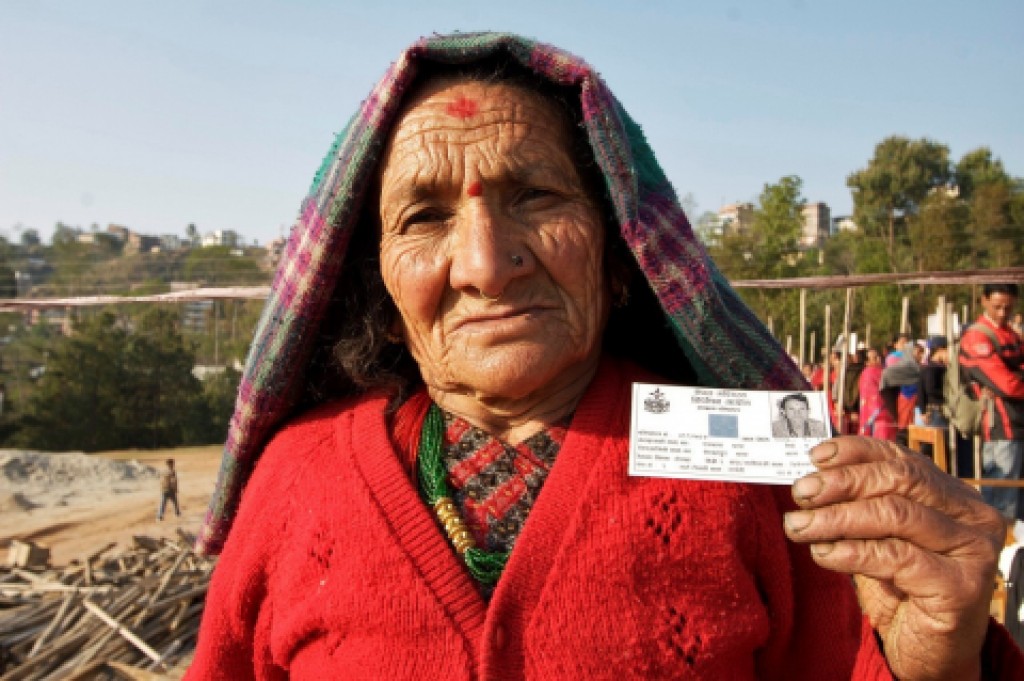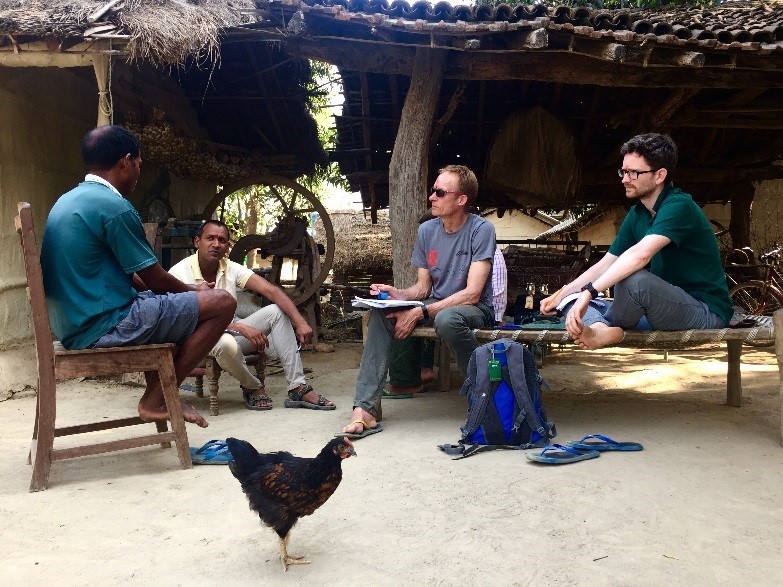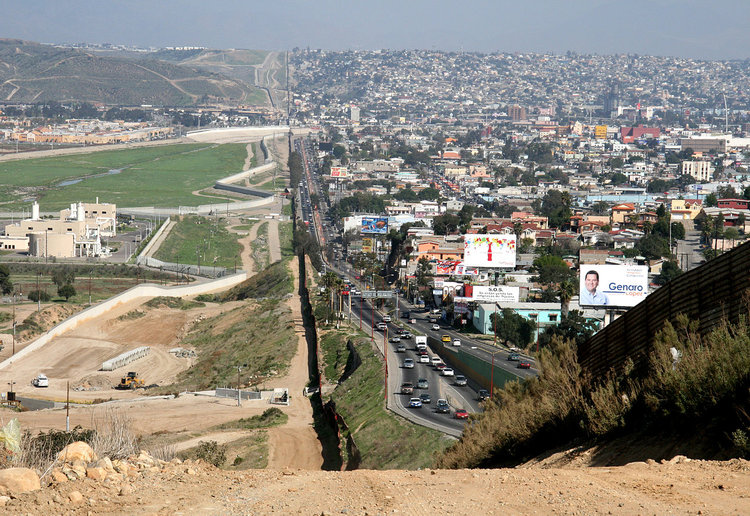Borderlands, Brokers and Peacebuilding in Sri Lanka and Nepal: War to Peace Transitions viewed from the margins
This project aims to generate a better understanding of contested war to peace transitions in Nepal and Sri Lanka with a view to improving statebuilding and peacebuilding interventions in post-war contexts in South Asia and beyond.
Its originality lies in an approach that takes the putative margins of the state as the primary vantage point for understanding and explaining the political and economic dynamics of 'post war' transition.
By so doing it inverts the top down, centrist orientation commonly applied to studies of (and policy responses to) post-war statebuilding and reconstruction.
Key Questions
The overarching research question is: How have trajectories of post war transition been shaped by, and influenced, processes of political and economic change at the margins of the state?
This is further divided into three sub questions:
- What are the specific ways in which peripheral zones influence post-war peacebuilding and reconstruction processes at the national level?
- What are the roles and impacts of borderland brokers on these processes?
- How do international peacebuilding and reconstruction interventions influence war to peace transitions and with what effects for borderland communities and marginalized groups?
It is hypothesized that different kinds of state margins, and variations in institutional arrangements and brokering relations that connect the centre to the periphery, have a major influence on the dynamics of post-war stabilization and reconstruction, and hence the sustainability of post war transitions.







